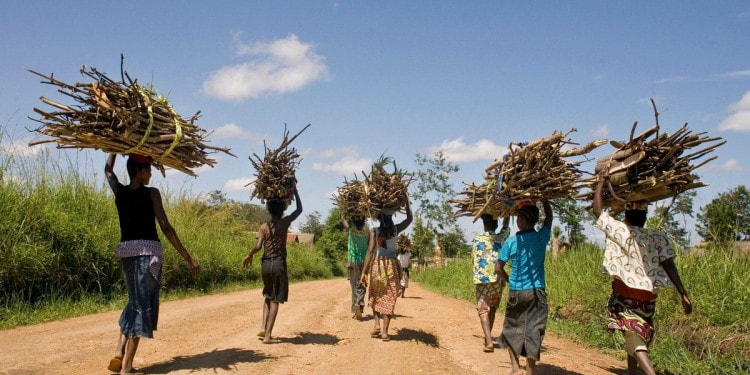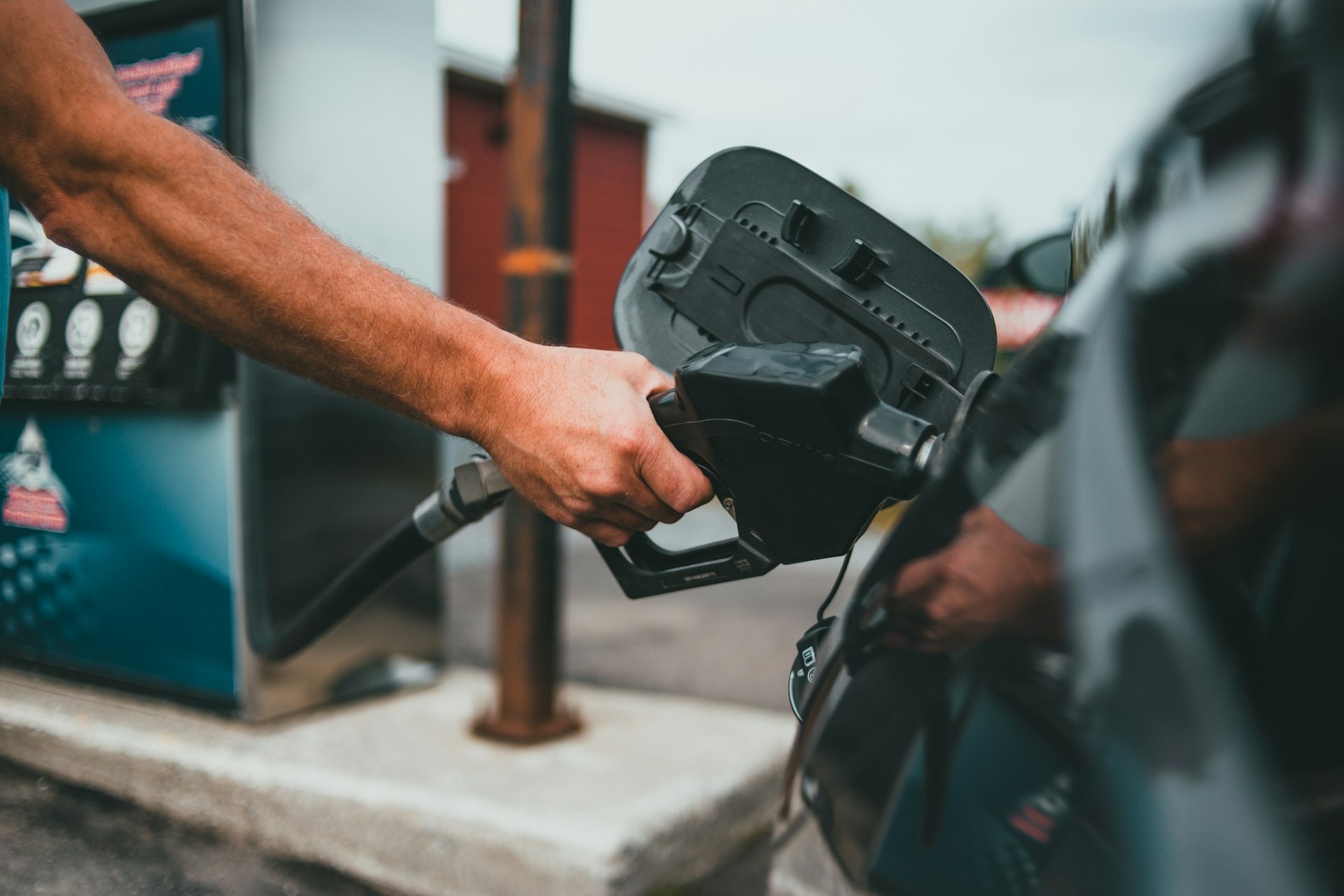The Covid-19 pandemic has created an unprecedented health and economic crisis, holding at the same time profound lessons that can help us set a new global equilibrium if we make sustainability core to our planning for the reboot.
It may appear absurd to associate the concept of “opportunity” to that of the pandemic, but the virus outbreak seems to have created the political and social conditions to boost the transformative change towards sustainable development and climate objectives that we need.
An energy transition towards sustainable renewable energy, including also modern bioenergy, is needed and hopefully the lessons learned from the pandemic will allow a more sustainable and decisive reboot.
In recent years, the scientific call upon governments to do extra efforts to make a change has been loud and clear. According to the latest IPCC Report on Climate Change and Land, global temperatures have been rising significantly, especially during the last two decades, and it is time to act urgently to avoid increasing the global temperature beyond 2˚C, which could mean a no return point. Despite this very clear alert from one of the highest international panels of scientists on climate change, the international community has not made all necessary efforts to change radically the current trend. Our current energy mix, produced mostly from fossil fuels, plays a major role in terms of greenhouse gas emissions. An energy transition towards sustainable renewable energy, including also modern bioenergy, is needed and hopefully the lessons learned from the pandemic will allow a more sustainable and decisive reboot.
Related Articles: Indigenous Peoples Practices Guide COVID – 19 Recovery | Don’t Blame Bats for COVID-19
The energy sector has been strongly affected by the Covid-19 crisis, but the supportive government policies all over the world could represent an opportunity and a new reboot for the sector. Renewable heat and transport biofuels are strongly suffering due to the drop in energy demand and low oil and gas prices. Lower biofuels demand due to global lockdown measures has pushed producers to divert a share of ethanol production to hand sanitizers during the pandemic, however this market is far smaller than that of transport fuels and therefore these sectors will require a quicker and higher level of attention by policymakers.
During pandemic crisis, countries have realized the critical importance of energy and food security. This would force countries to make themselves less vulnerable, leading to shorter supply chains and higher self-sufficiency in food and energy, but without forgetting that fighting global pandemics and global climate change may only be possible with global cooperation.
Editor’s Note: The opinions expressed here by Impakter.com columnists are their own, not those of Impakter.com — Featured Photo Credit: FAO / Giulio Napolitano














